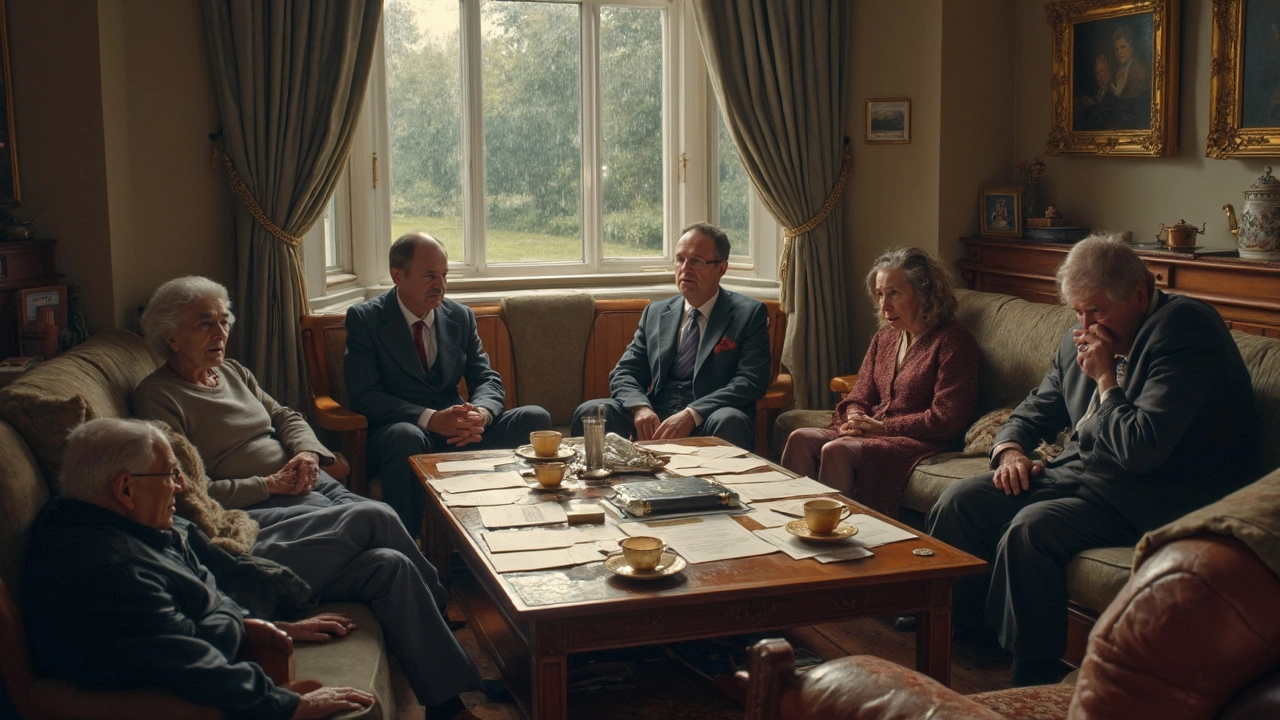Spousal Rights and Property: What Every Couple Should Know
Getting a house together feels like a big step, but it also brings legal questions. Who actually owns the roof over your heads? What happens if one partner wants out or passes away? The answers depend on spousal rights, which protect both of you when you buy, share or inherit property.
Buying a Home Together
When a married couple applies for a mortgage, the lender looks at both incomes, credit scores and debts. That’s good because the loan can be larger, but it also means both names appear on the title. In the UK, the most common ways to own a home together are "joint tenants" and "tenants in common".
Joint tenants share equal ownership. If one spouse dies, the other automatically inherits the whole property, no probate needed. Tenants in common let you split ownership in any ratio – 70/30, 50/50, or whatever works for you. If a spouse dies, their share goes through their will or the intestacy rules, which can be slower.
Shared‑ownership schemes add another layer. You might own 25‑75% of a flat and pay rent on the rest. Spousal rights still apply: both partners need to be on the lease if they want the protection. Otherwise, only the named owner can sell or increase the share, which could cause disputes later.
Practical tip: write a simple agreement before you sign anything. Note who pays the mortgage, who handles repairs and how you’ll split any future sale proceeds. A written note isn’t a legal contract, but it makes conversations easier and can help a solicitor if you ever need one.
When a Spouse Passes Away
If your partner dies, the first thing to do is locate the property deeds and mortgage documents. For joint tenants, the surviving spouse becomes the sole owner right away. You’ll still need to inform the lender, update the title at the Land Registry and possibly arrange a new mortgage if the whole loan is now in one name.
For tenants in common, the deceased’s share passes according to their will or, if there’s none, the intestacy rules. That can mean the share goes to children, parents or other relatives, which may not be what you expected. To avoid this, many couples add a “right of survivorship” clause in their co‑ownership agreement, turning a tenancy in common into a joint tenancy if one spouse dies.
Inheritance tax (IHT) is another piece of the puzzle. Spouses can inherit any amount tax‑free, but if the property goes to non‑spouse heirs, the value could be taxed. A simple step is to update your will regularly and list the property clearly. Professional advice isn’t cheap, but it can save a lot of money and heart‑ache later.
Finally, consider life insurance. A policy that covers the mortgage amount can protect the surviving partner from sudden payments they can’t afford. It’s a small monthly cost compared with the risk of losing the home.
Bottom line: spousal rights are there to keep both partners safe when you buy, share or inherit property. Make sure both names are on the title, decide on joint tenancy or tenants in common, write down who does what, and keep your will up to date. A little paperwork now avoids a lot of stress later, and it gives you peace of mind that the roof over your heads stays yours, no matter what life throws at you.

Can a Husband Leave His Wife Out of the Will? Shared Ownership Twist
Wondering if a husband can legally leave his wife out of the will? This article breaks down the rules for shared ownership homes, the rights spouses have, and what really happens when a will leaves someone out. We'll look at the family's protections, legal loopholes, and what steps you can take to keep everyone secure. There are key differences depending on where you live, and we spotlight the details that often get missed. Walk away knowing how to avoid nasty surprises around inheritance and home ownership.